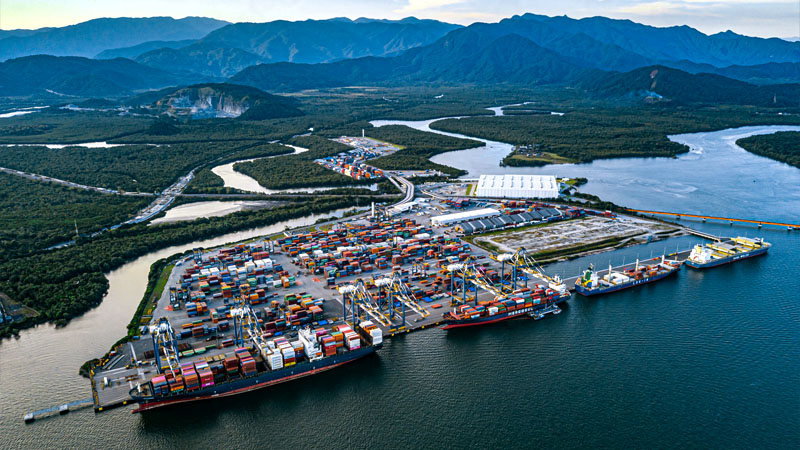Exclusive content

Brazil’s stringent regulations on seafood imports, particularly regarding whole frozen shrimp and pangasius, have created significant hurdles for Vietnamese exporters. Notably, Brazil’s deviation from international standards set by the Office International des Epizooties (OIE) has impacted the Vietnamese seafood industry.
Declining Pangasius Exports Amidst Regulatory Challenges
Despite Brazil’s position as the fourth largest importer of Vietnamese pangasius, recent statistics paint a bleak picture for exports. With a 51% drop in mid-February compared to the previous year, Vietnam’s pangasius exports to Brazil have dwindled, reaching just USD 10.5 million.
Amidst a global downturn in pangasius imports, Brazil stands out as one of the few markets exhibiting positive growth. While major markets experienced declines in 2023, Brazilian imports from Vietnam consistently surged, even doubling in the last two months of the year.
Regulatory Hurdles and Trade Implications
Brazil’s refusal to allow the export of whole frozen shrimp and its differing standards for additives and phosphates on pangasius pose significant challenges. These discrepancies not only hinder trade but also prompt calls for alignment with international norms.
Adding to the complexity, Brazil’s decision to halt tilapia imports from Vietnam due to disease concerns further complicates the trade landscape. This decision underscores the need for stringent biosecurity measures and regulatory coherence between trading partners.
Addressing Market Barriers
Vietnamese authorities, cognizant of the challenges, are actively engaging with Brazilian counterparts to address regulatory disparities. Efforts to streamline administrative procedures and align standards with international norms are underway to facilitate smoother trade relations.
Despite these challenges, both countries remain committed to fostering bilateral trade relations. Deputy Minister of Agriculture and Rural Development, Phung Duc Tien, emphasized the complementary nature of their agricultural products, highlighting the importance of swift resolution to trade issues.